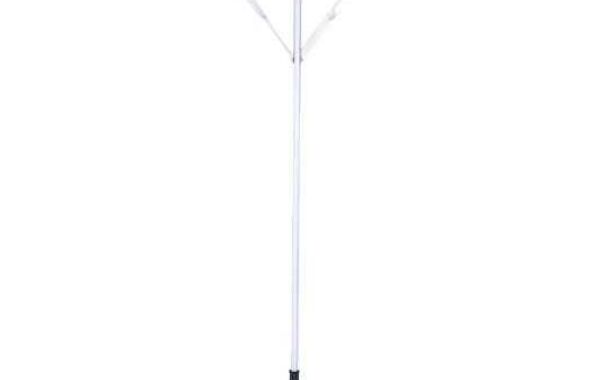Litter picker tools, designed to make waste collection easier and more efficient, have a rich history that reflects society’s growing awareness of environmental cleanliness and public health. The origins of these tools can be traced back to the mid-20th century, when urbanization began to increase, leading to higher amounts of litter in public spaces.
In the 1960s and 1970s, as environmental movements gained momentum, the need for effective litter management became evident. This period saw the introduction of various manual litter collection tools, which aimed to encourage civic responsibility and promote cleaner communities. Initially, these tools were simple, often consisting of a long handle with a grabbing mechanism at the end, designed to allow users to pick up litter without bending over.
By the 1980s and 1990s, litter picker designs began to evolve. Innovations included more ergonomic handles, lightweight materials, and improved gripping mechanisms. These advancements made litter pickers more user-friendly, encouraging broader use among volunteers and community organizations engaged in cleanup efforts.
Today, litter picker tools are widely recognized not only for their practical function but also for their role in promoting environmental stewardship. Various designs exist, catering to different needs and settings, from parks and beaches to urban areas. As litter picker tools continue to evolve, they symbolize the ongoing commitment to maintaining clean, healthy environments for future generations.








